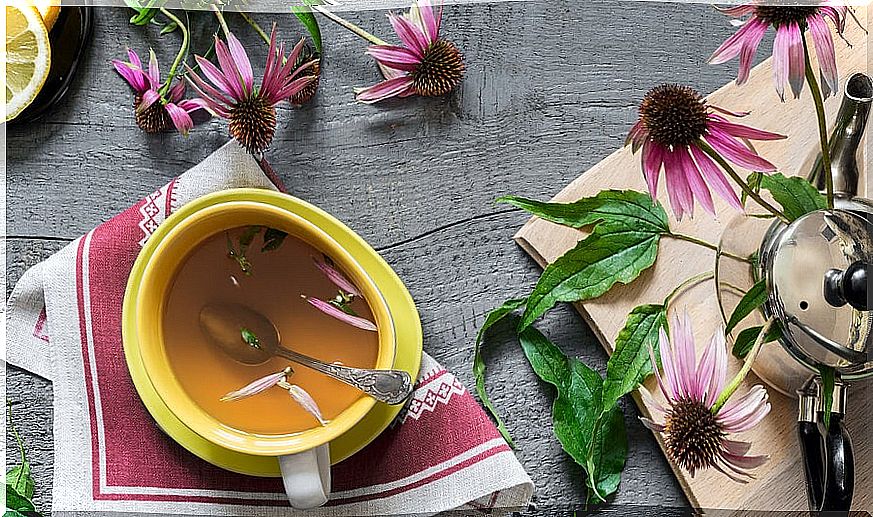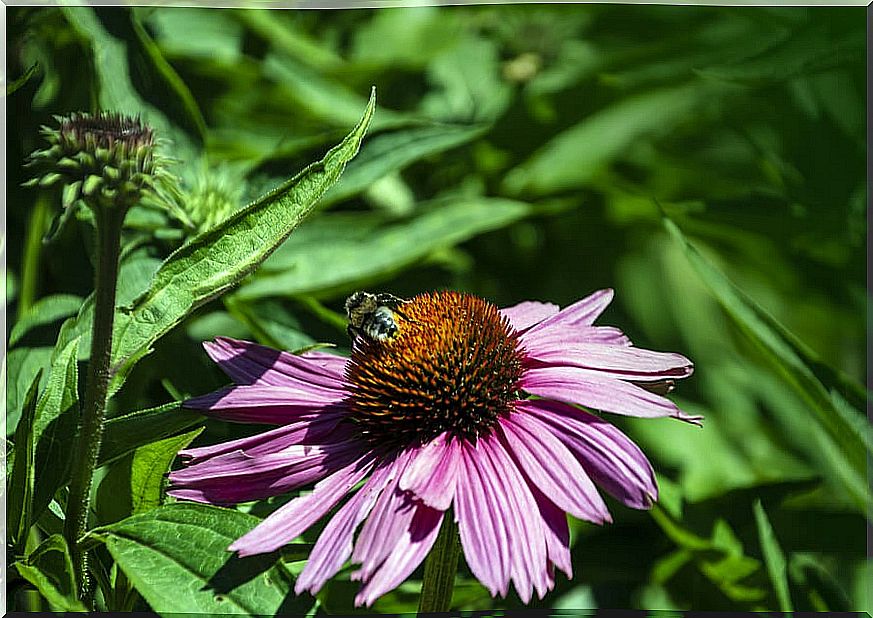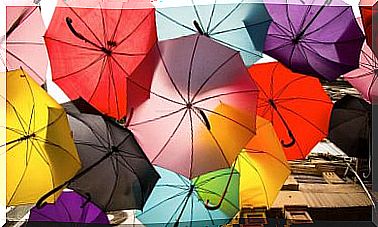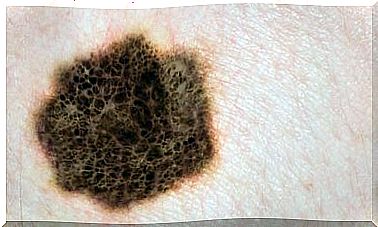Echinacea: A Boost For The Immune System?
Echinacea is a plant native to North America, famous for its supposed help in the defense and protection of the body against attacks by viruses, fungi and bacteria. In fact, it is one of the most used plants to prevent and fight colds and flu. Next, we will analyze how true the properties attributed to it are, according to science.
Echinacea was already used by the Comanche Amerindian tribe and the Sioux, another Native American people, to relieve pain, fight infections, wounds, and other health problems. At the end of the 19th century, the study of its properties began, revealing to the world its virtues and mechanisms of action.
Why boost the immune system
If the defenses are down, we are more vulnerable to infections and diseases. Flu processes, colds and recurrent sore throats are less frequent, having high defenses.
If you think that your immune system is not working in a good way, it is best to make a medical consultation soon. Remember that natural remedies can help us feel better, but they never represent a cure for any disease. Don’t just trust them.

A varied and balanced diet and regular physical exercise can be the basis of an efficient immune system that will give us a guarantee of health against any invasion, no matter how terrible it may seem. Likewise, there are certain natural elements that can also be of help in this mission. In the next section, we will see if echinacea is one of them.
The Echinaceae family
An example of medicinal plants that are believed to help with defenses is the Echinaceae family. It is composed of several species, of which the most used for medicinal purposes are purple coneflower, angustiflolia and pale.
All of them are credited with the power to strengthen the immune system and stop all kinds of infections. However, studies such as Percival’s argue that its effects may be useful to alleviate the symptoms of diseases, but not to prevent them.
Other research aimed at evaluating the effectiveness of this herb in relieving symptoms of the common cold showed no significant improvements compared to people given a placebo instead of the plant extract.
For all the above, we can conclude that the preventive effect that is usually attributed to echinacea is actually not such. Also, its consumption to help treat symptoms may or may not be effective. Even its intake could generate adverse reactions, especially in children, according to scientific studies.
Indications of use

As we mentioned, its most popular use is to deal with colds, flu and other viral processes. On the other hand, there are those who use it as an external use against skin injuries such as wounds or burns. This is so due to its supposed anti-infective and healing-regenerative properties, confirmed by a journal specialized in pharmacology.
Whatever the use we have to give it, we always recommend consulting with the doctor. Indeed, it has been reported that this herb could have non-positive interactions with certain medications, and more studies are still needed in this regard.
In addition, it is contraindicated during pregnancy, lactation and for people with autoimmune diseases. The dosage varies if it is for adults or the elderly. As for children, it is not recommended because of the risk of causing skin rashes, according to the study cited above.
If we have the endorsement of the doctor and he has given us precise instructions about its use, we can buy echinacea in capsules in pharmacies and health food and health food stores. In addition, its liquid extract or leaves for infusion can also be obtained in the same types of establishments.









